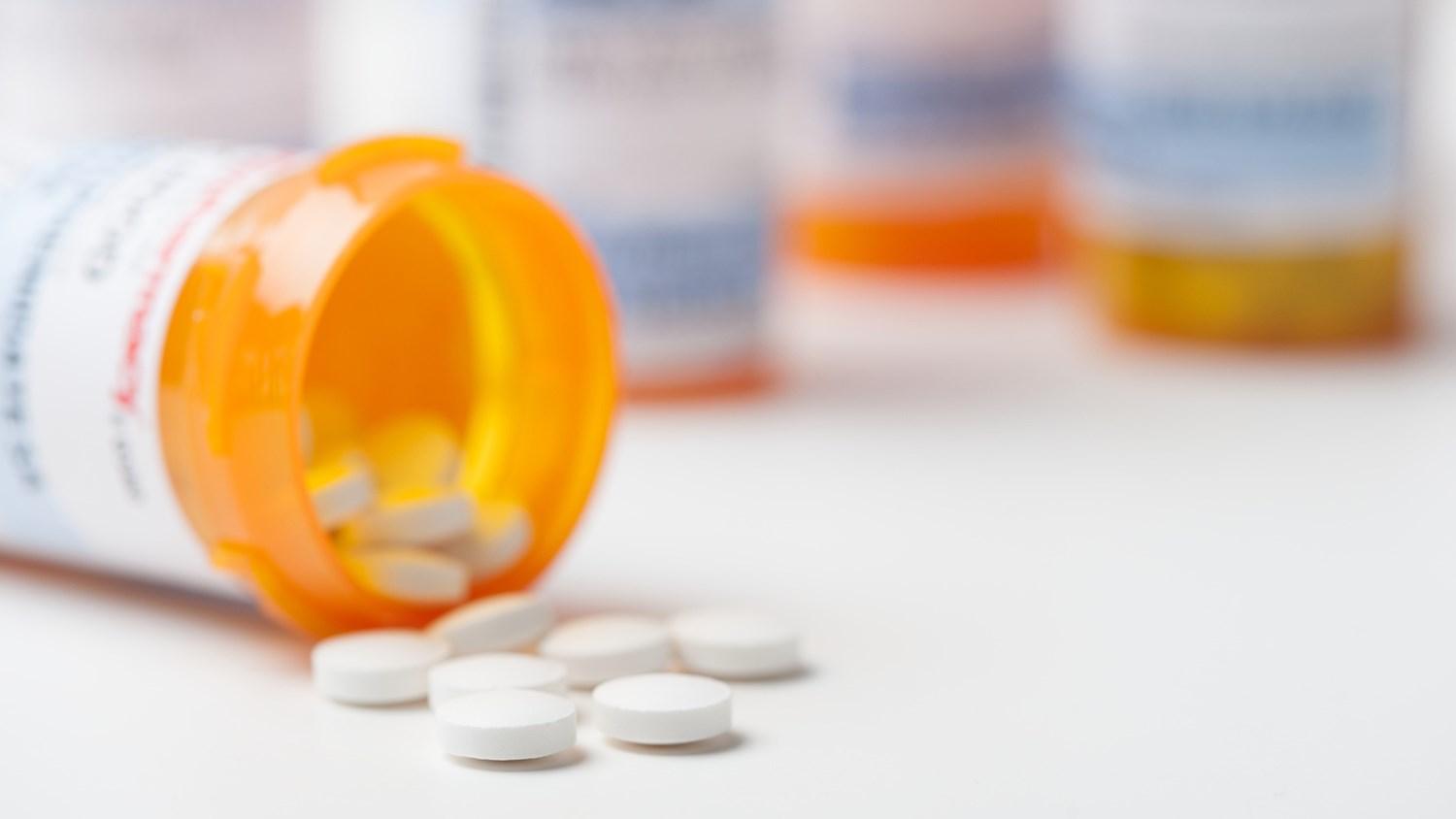
Atrial fibrillation stroke prevention options
Peer reviewed by Dr Hannah Gronow, MBACPLast updated by Dr Colin Tidy, MRCGPLast updated 20 Sept 2017
Meets Patient’s editorial guidelines
- DownloadDownload
- Share
- Language
- Discussion
Without any medicine to reduce the risk, about 50 in every 1,000 people who have atrial fibrillation (AF) will have a stroke. The individual risk for each person will also depend on other factors including your age, whether you have already had a stroke and whether you have heart failure, diabetes or high blood pressure.
Each of these will further increase your risk of a stroke if you have AF. Your doctor can use these risk factors to give a more accurate risk assessment of you having a stroke. See separate leaflet called Preventing Stroke When You Have Atrial Fibrillation for more details.
Warfarin is still the medicine used to reduce the risk of stroke for most people with AF. Three other medicines that reduce the risk of stroke have recently been introduced (apixaban, dabigatran, edoxaban and rivaroxaban). The choice of which medicine is best for you is an individual choice and will depend on many factors, such as what other medicines you are taking.
Frequently asked questions | Warfarin | Apixaban, dabigatran, edoxaban or rivaroxaban |
Does the medicine reduce the risk of stroke? | Warfarin reduces the risk of stroke to 17 people in every 1,000. The risk of stroke is 50 people in every 1,000 for people not taking any medicine to prevent a stroke. | Also reduce the risk of stroke. May be even slightly more effective than warfarin. For example, the risk of stroke is reduced to 11 people in every 1,000 people who are treated with dabigatran. |
What is the risk of bleeding? | About 36 people in every 1,000 will have a serious bleed. | There may be a slightly lower risk of serious bleeding. About 30 people in every 1,000 taking dabigatran will have a serious bleed. |
Can the medicine be reversed if you do have serious bleeding? | Treatment (vitamin K injection) can be given to reverse the effects of warfarin. | A medicine called idarucizumab can be used to reverse the effects of dabigatran. The effects on bleeding caused by apixaban, edoxaban or rivoroxaban cannot be reversed. These medicines stay in the body for less time and so the bleeding resolves more quickly than if you are taking warfarin. |
How often do I need to take the medicine? | Warfarin is taken once each day. | Apixaban and dabigatran are taken twice each day. Edoxaban and rivaroxiban are taken once each day. |
Do I need regular blood tests to monitor the dose of the medicine? | The dose of warfarin needs to be checked by having a regular blood test. | You will not need to have regular blood tests to check the dose of medicine you need to take. However, you will need a blood test to check kidney function before starting dabigatran. This blood test will need to be repeated at least once each year while you are taking dabigatran. Your doctor may also want to check a blood test for kidney function before you start apixaban or rivaroxaban and repeat the blood test once each year. |
Do I need to be careful about taking other medicines or even some foods? | Warfarin is affected by some foods, alcohol and many other medicines. | These medicines are much less affected by foods, alcohol and other medicines. |
How much is known about the medicine? | Warfarin has been used for a long time and a great deal is known about its benefits and side-effects. | These medicines have been used for only a few years and less is known about their benefits and side-effects. |
Patient picks for Heart palpitations

Heart health and blood vessels
Atrial fibrillation explained
Atrial fibrillation is when your heartbeat is usually irregular and too fast. Here we look at what can cause it, the symptoms, and the treatment you may receive if you have it.
by Lawrence Higgins

Heart health and blood vessels
What it could mean if you experience heart palpitations
We're all familiar with the metaphor 'my heart skipped a beat' - used to describe a moment of shock or excitement. But what happens when our heart really does seem to miss a beat, flutter or change rate for a moment? Heart palpitations are more common than you might think.
by Gillian Harvey
Continue reading below
Article history
The information on this page is peer reviewed by qualified clinicians.
20 Sept 2017 | Latest version

Ask, share, connect.
Browse discussions, ask questions, and share experiences across hundreds of health topics.

Feeling unwell?
Assess your symptoms online for free